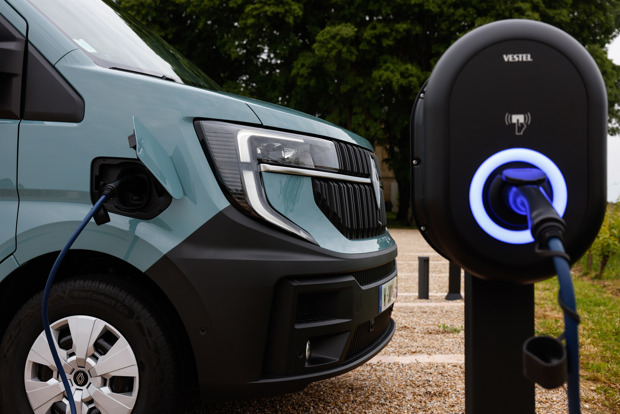Plug-in van grant extended to 2026

The government has announced an extension to the Plug-in Van Grant (PiVG), which will now remain in place until 2026 as part of a £120m funding package.
The move is part of what ministers describe as an initiative to cut red tape that is blocking businesses from switching to zero-emission vehicles.
This includes a recommendation to resolve the confusing situation around electric vans between 3.5t and 4.25t, which currently requires drivers to take additional training.
The grant will continue to offer up to £2500 when buying small vans, weighing up to 2.5 tonnes, which are applied for at the point of purchase.
Larger vans, up to 4.25 tonnes, will receive as much as £5000 off the price of the vehicle. Over 80,000 PiVG applications have been processed since the scheme was launched in 2012.
The grant has so far helped sell over 80,000 electric and zero emission vans.
The Department for Transport has also announced plans to take away the legal requirement for additional training that is currently in place for zero emission vans. This currently requires a licence derogation to drive vans up to 4.25t, allowing for the extra weight of vehicle batteries.
It says this will make it easier for companies to hire drivers when operating electric vans, as well as allow small businesses to take on electric models without concerns.
"From van drivers and businesses, to drivers with accessibility needs, bikers and cabbies, today we are making it easier, faster and cheaper for people to switch to electric vehicles," says Future of Roads Minister, Lilian Greenwood.

